Sustainable Supply Chain Solutions Drive Gotham Greens Growth
Q&A With Gotham Greens CEO Viraj Puri
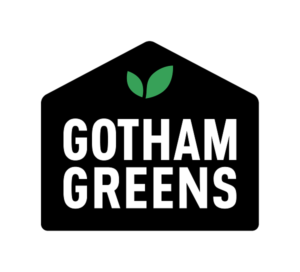 A substantial capital raise to continue its expansion, an acquisition, new plant-based dips … Gotham Greens has been making quite a few headlines in recent months. Indoor Ag-Con caught up with Co-Founder and CEO Viraj Puri to learn more about the company’s rapid growth and his drive to provide sustainable supply chain solutions to Gotham Greens’ diverse retail and foodservice customers.
A substantial capital raise to continue its expansion, an acquisition, new plant-based dips … Gotham Greens has been making quite a few headlines in recent months. Indoor Ag-Con caught up with Co-Founder and CEO Viraj Puri to learn more about the company’s rapid growth and his drive to provide sustainable supply chain solutions to Gotham Greens’ diverse retail and foodservice customers.
Q: Gotham Greens recently raised an impressive $310 million in new capital. Can you share how you will/are using these funds to drive your company growth and mission?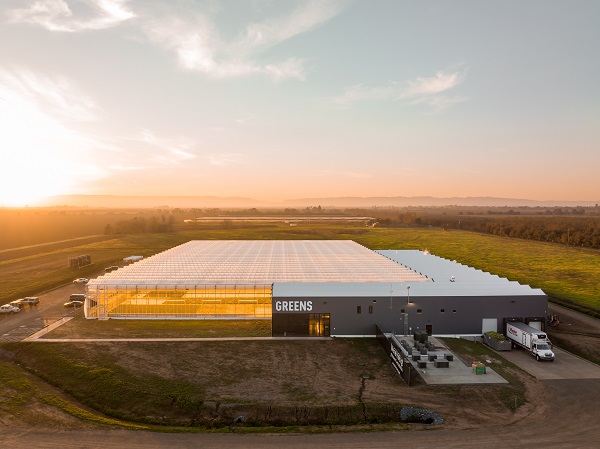
Yes, Gotham Greens recently raised over $310 million in new capital to accelerate our national greenhouse expansion. This new funding is key to advancing our greenhouse production capacity that will help us bring more fresh, local and sustainably grown greens to consumers across the country. We have new greenhouse projects actively underway in Texas, Georgia, and Colorado, as well as expansions at our existing facilities in Chicago and Providence. We also recently completed the acquisition of FresH2O Growers, Inc., a hydroponic greenhouse grower in Stevensburg, Va. (50 miles southwest of Washington, D.C.). By 2023, Gotham Greens will operate more than 40 acres (1.8 million square feet) of greenhouses across nine U.S. states: New York, Illinois, Rhode Island, Maryland, Virginia, Colorado, California, Texas, and Georgia.
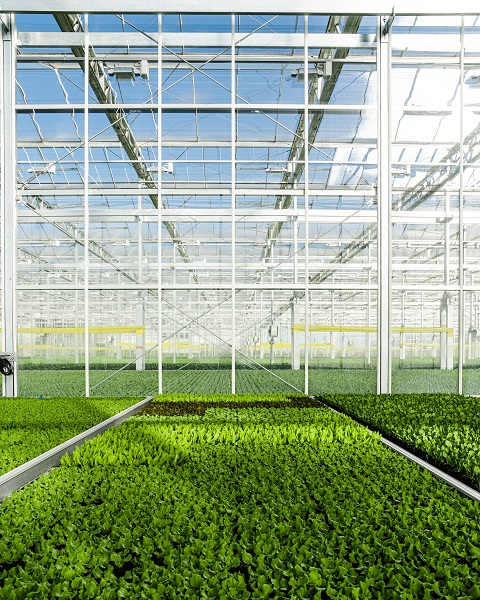 Q: Indoor Ag-Con recently co-hosted the new CEA Summit East in Danville, Virginia. We were excited to see all the exciting CEA activity happening in/around the state, including your recently announced acquisition of Stevensburg, Virginia-based FresH2O Growers. What led to the decision to purchase this operation and what are your plans?
Q: Indoor Ag-Con recently co-hosted the new CEA Summit East in Danville, Virginia. We were excited to see all the exciting CEA activity happening in/around the state, including your recently announced acquisition of Stevensburg, Virginia-based FresH2O Growers. What led to the decision to purchase this operation and what are your plans?
We are thrilled to welcome FresH2O to the Gotham Greens team. This acquisition provides additional production capacity for the East Coast. Gotham Greens and FresH2O share a desire to advance greenhouse agriculture and to bring more fresh, local and sustainably grown produce to consumers across the country, and we are confident we will continue to service FresH2O’s Mid-Atlantic customers with our high-quality, longer lasting leafy greens and other exciting innovations in the years to come.
Q: Tell us a little about Gotham’s new Plant-Based Dips. Why you decided to expand into this category and how it’s going?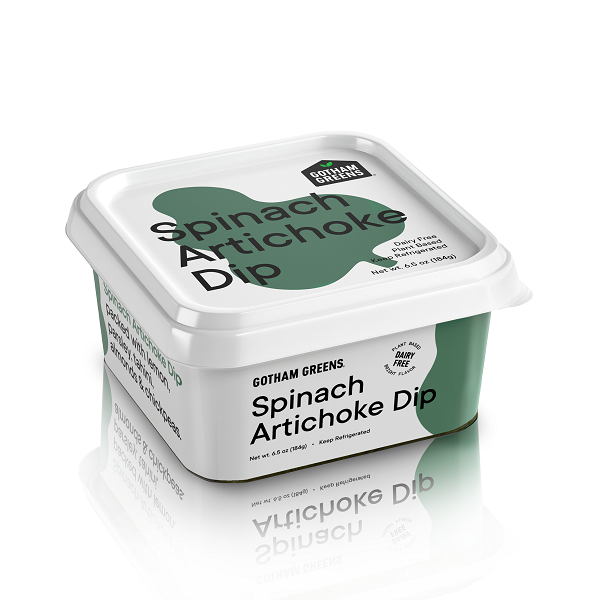
Gotham Greens is committed to bringing consumers the best-tasting, most flavorful fresh foods in the category. Our recent expansion into plant-based dips serves consumers in a brand-new way and speaks to cooking and dining trends we’ve seen over the past several years. Dips are one of the most well-loved snacks due to their versatility and craveable flavors, yet as consumers evolve their dietary habits to reflect a more plant-based and flexitarian lifestyle, the category has not kept up with bringing delicious plant-based options to market. We’re pleased with the response to date and are thrilled that they’re now available nationwide.
Q: Earlier this year you were one of 12 leaders appointed to the USDA’s new Federal Advisory Committee For Urban Agriculture. It’s probably early yet but can you share any insights on what the committee is working on to help promote/support urban ag across the country? 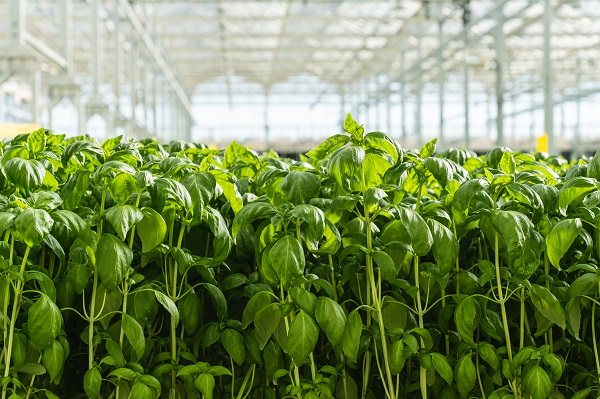
I’m honored to be part of this committee that aims to support urban agriculture, including issues of equity and food/nutrition access. As business leaders, we can make our products more accessible to more consumers across the country. In the case of Gotham Greens, we are aiming to do this by building enough scale and efficiency in our greenhouse operations that we can provide our products at a price parity to organic produce products.
The committee has been set up for various urban agriculture practitioners to develop recommendations and advise the USDA on policies, initiatives, and outreach that its new Office of Urban Agriculture and Innovation Production can hopefully put into practice. While these recommendations are still under development, I can say that they range from easing regulatory hurdles to helping to create sales channels for urban and innovative farmers.
One of the biggest factors influencing the ever-widening wealth gap is the cost of healthcare in this country. By providing more access to fresh, sustainably grown produce, we hope that consumers can follow a more balanced diet comprised of fresh vegetables and fruits for a healthier lifestyle. Now more than ever, we are committed to delivering high-quality, longer lasting, and nutrient-rich produce to people when it’s needed most. I believe it is essential to decentralize agricultural production and bring more greenhouse-grown produce and fresh, plant-based foods to people across the United States, and I look forward to continuing to work with the USDA to help further this cause.
Q: What’s next for Gotham Greens? 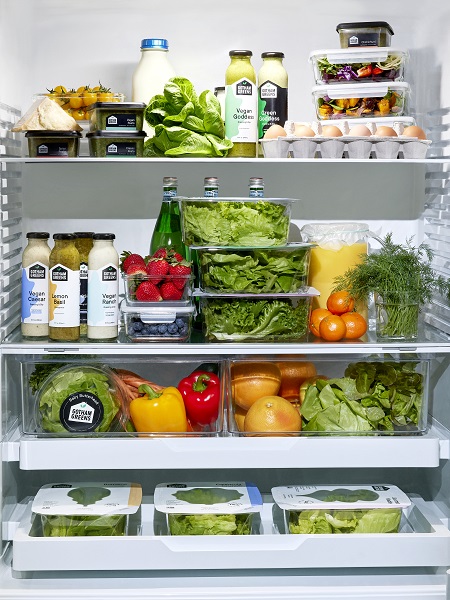
With increasing climate and supply chain related issues facing our food system, it’s more important than ever to bring innovative farming solutions that grow high-quality produce while using fewer precious natural resources. Gotham Greens is purposefully expanding its operations to provide sustainable supply chain solutions to its diverse retail and foodservice customers. The Colorado River is rapidly drying, creating a water crisis in seven states, including California and Arizona, which collectively provide 98% of leafy greens grown in the United States.
By using hydroponic growing systems in renewable electricity-powered greenhouses, Gotham Greens’ farms use up to 95% less water and 97% less land compared to conventional farming. The proximity of Gotham Greens’ greenhouses to key metropolitan markets also eliminates the need for long-distance refrigerated transportation while improving product quality and shelf life, and ultimately reducing food waste.
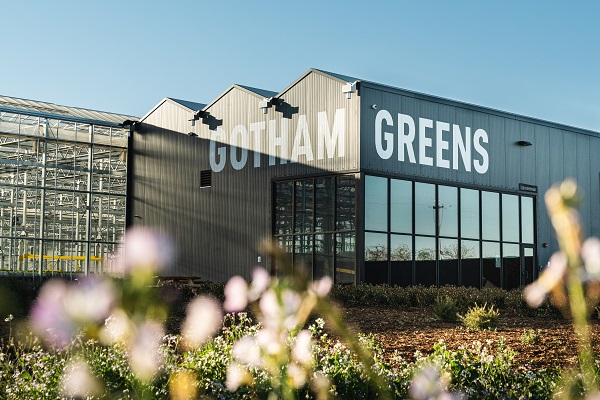 Gotham Greens is growing fast, and we look forward to bringing our brand to new markets in the coming months.
Gotham Greens is growing fast, and we look forward to bringing our brand to new markets in the coming months.
Learn more about Gotham Greens.
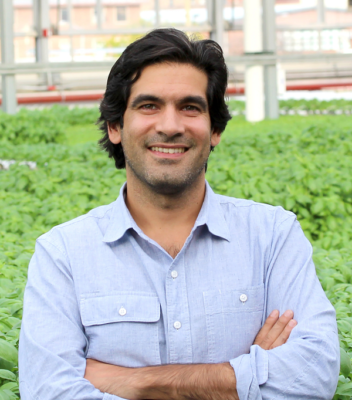
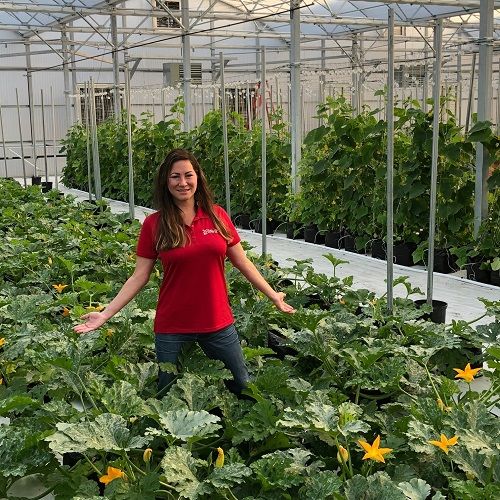
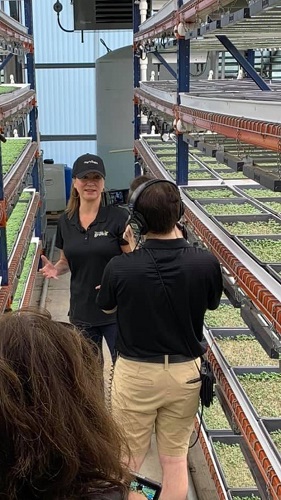 After successfully guiding
After successfully guiding 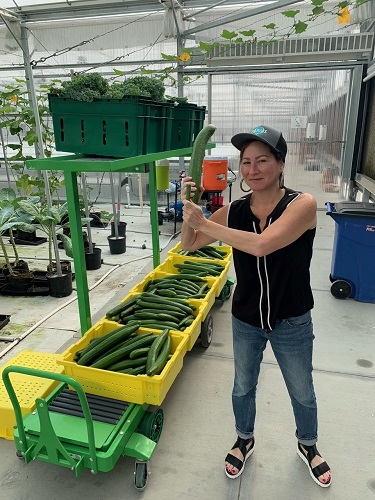 We were given the honor and trust to carry out our vision and model for The Villages Grown. This included the strategic direction, design, construction, and operation of a first-of-kind CEA in the South. We backed this with educational programming from both B2C and B2B. We built a community-based brand yet grew enough product for expansion throughout Florida. We worked with beautiful people in a beautiful community.
We were given the honor and trust to carry out our vision and model for The Villages Grown. This included the strategic direction, design, construction, and operation of a first-of-kind CEA in the South. We backed this with educational programming from both B2C and B2B. We built a community-based brand yet grew enough product for expansion throughout Florida. We worked with beautiful people in a beautiful community. Seed2Source launched in 2016 but was really an evolution of my first ‘Agriculture Meets Wellness’ firm which was launched in 2005. Seed2Source is a first-of-kind, Sustainable Agriculture & Wellness, consulting firm headquartered in Florida but serving the US (and beyond). The firm focuses on strategic CEA projects rooted in sustainable agricultural, food-as-medicine, and local food system models.
Seed2Source launched in 2016 but was really an evolution of my first ‘Agriculture Meets Wellness’ firm which was launched in 2005. Seed2Source is a first-of-kind, Sustainable Agriculture & Wellness, consulting firm headquartered in Florida but serving the US (and beyond). The firm focuses on strategic CEA projects rooted in sustainable agricultural, food-as-medicine, and local food system models.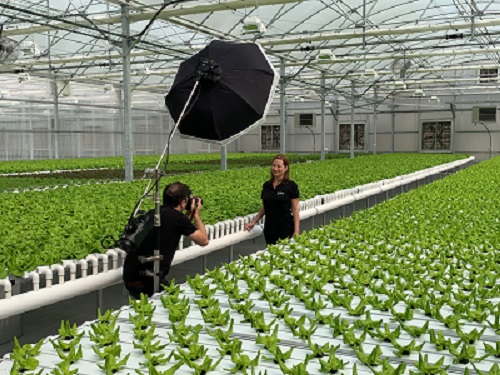 The CEA industry is still at its infancy and shall evolve with continuous iterations and innovations. Typically, when most people think of CEA, they only think of High-Tech, AI, Automation, etc. and forget about the State of Agriculture in general. I hope people start to realize that CEA is ‘part’ of a solution and not the ‘only’ solution. Also, I hope that people don’t forget about the actual agriculturists and horticulturists that are the true heroes in creating a sustainable, profitable, CEA operation. This seems to be lost with many of the current players in CEA.
The CEA industry is still at its infancy and shall evolve with continuous iterations and innovations. Typically, when most people think of CEA, they only think of High-Tech, AI, Automation, etc. and forget about the State of Agriculture in general. I hope people start to realize that CEA is ‘part’ of a solution and not the ‘only’ solution. Also, I hope that people don’t forget about the actual agriculturists and horticulturists that are the true heroes in creating a sustainable, profitable, CEA operation. This seems to be lost with many of the current players in CEA.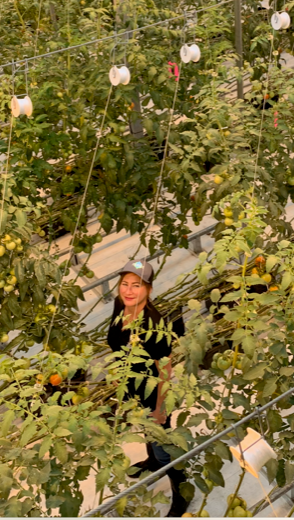 What’s next for you and the team at Seed2Source?
What’s next for you and the team at Seed2Source? 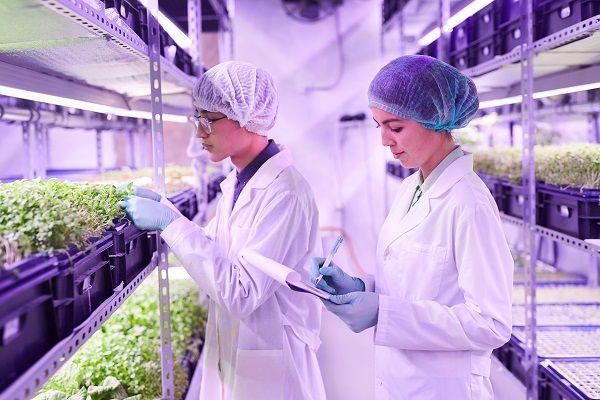
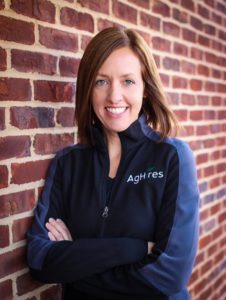 Special thanks to Lori Culler for this post.
Special thanks to Lori Culler for this post.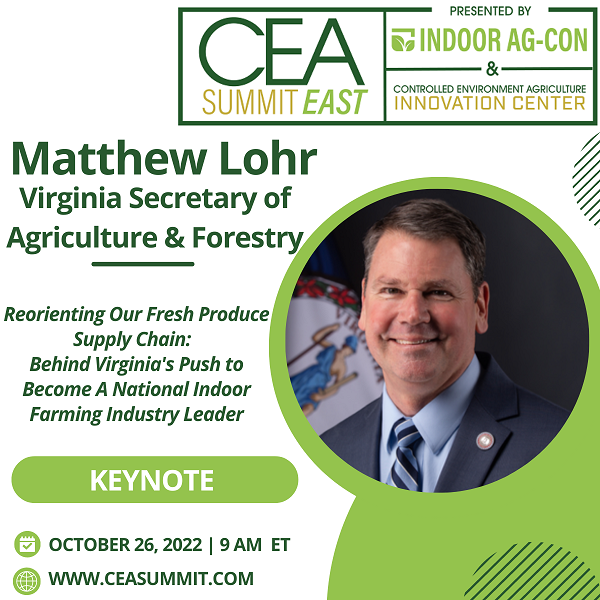
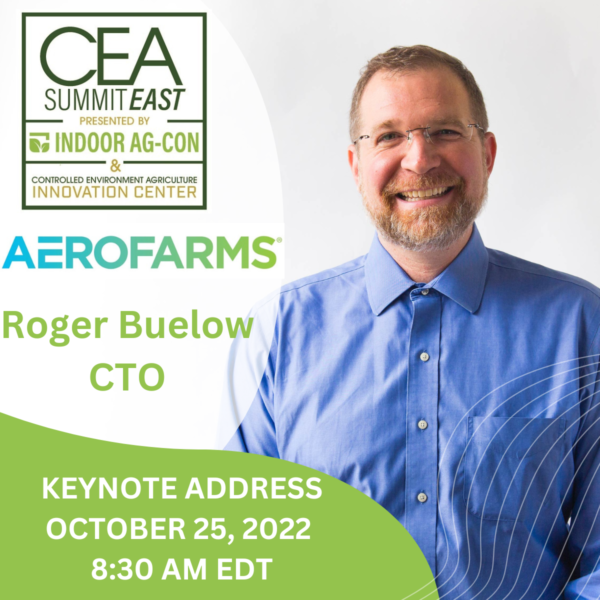
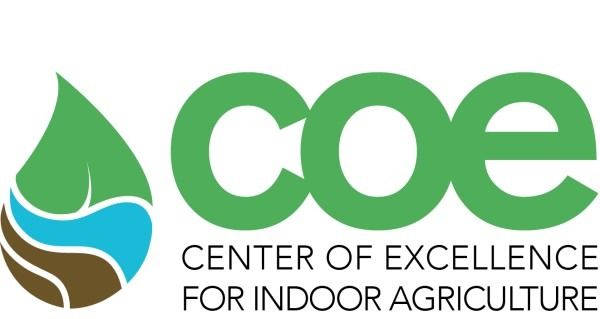
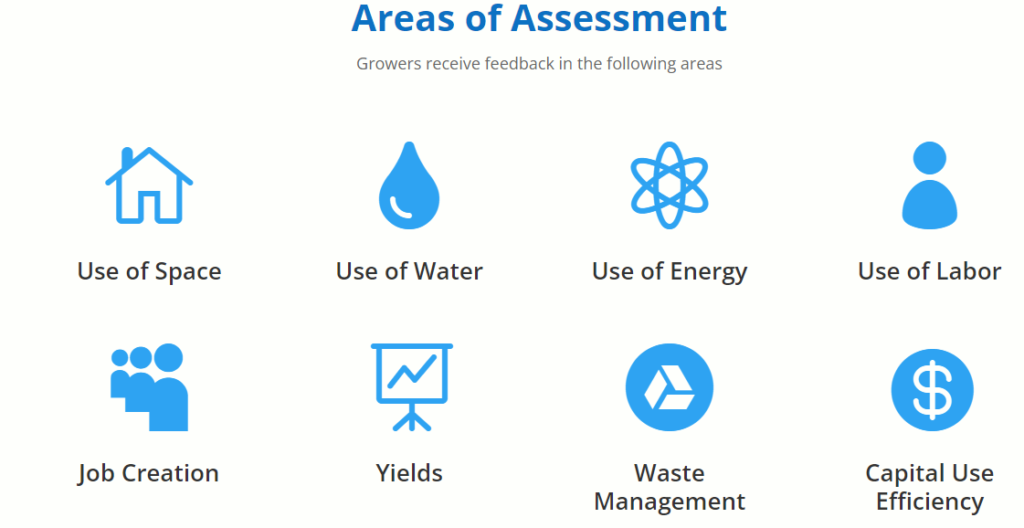
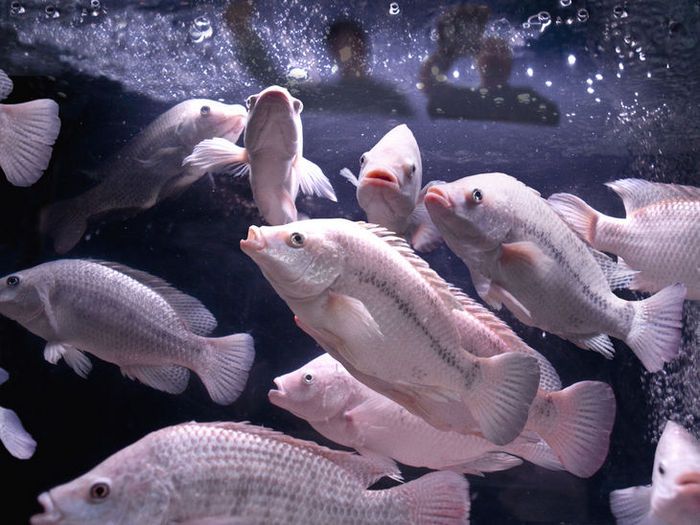
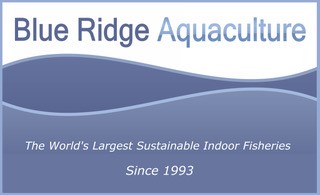 As we gear up for the new
As we gear up for the new 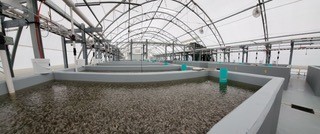 The US lags far behind many other countries in the aquaculture production, currently ranking 17th in total output. The US is not competitive for several reasons, including but not limited to stringent environmental regulations, NIMBY attitudes, and high labor costs, all of which are solved by RAS. Bringing the entire process into a controlled environment, we manage all inputs and outflows from our operations. With much better bio-security, we have not had an outbreak or disease event in twenty years. In fact, we have been certified disease free by independent fish veterinarians every year since 2013.
The US lags far behind many other countries in the aquaculture production, currently ranking 17th in total output. The US is not competitive for several reasons, including but not limited to stringent environmental regulations, NIMBY attitudes, and high labor costs, all of which are solved by RAS. Bringing the entire process into a controlled environment, we manage all inputs and outflows from our operations. With much better bio-security, we have not had an outbreak or disease event in twenty years. In fact, we have been certified disease free by independent fish veterinarians every year since 2013.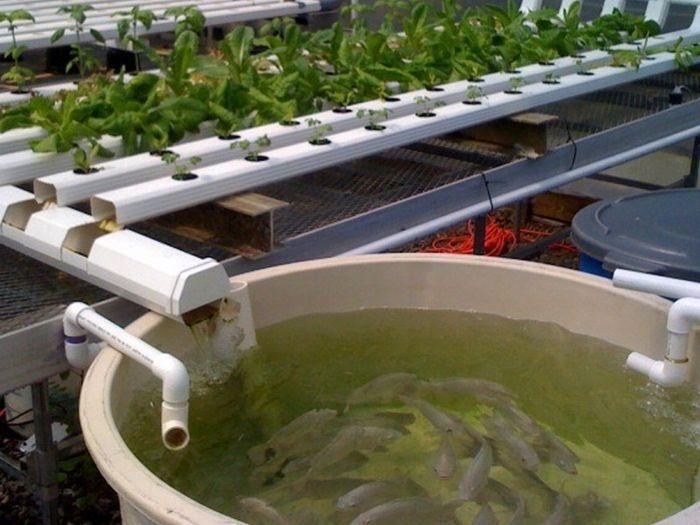 Aquaponics is an obvious extension of our current operations, and we have been working towards adding this component to our operations for some time. We have performed several small-scale R&D projects over the years, with favorable results.
Aquaponics is an obvious extension of our current operations, and we have been working towards adding this component to our operations for some time. We have performed several small-scale R&D projects over the years, with favorable results.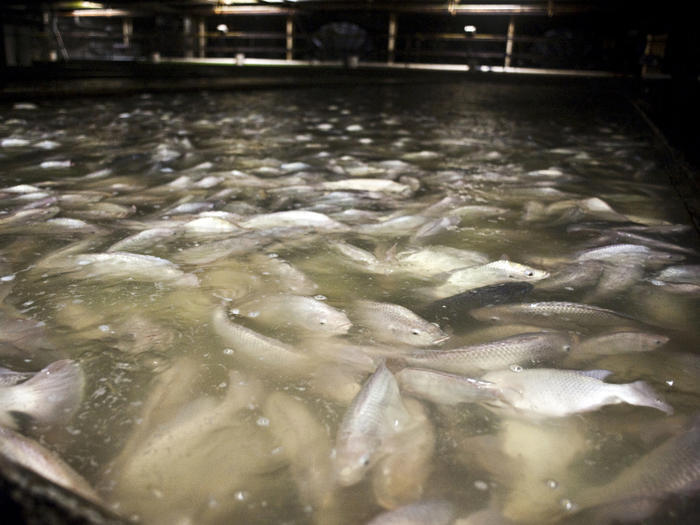 Blue Ridge Aquaculture has a long history in the US Aquaculture and the global RAS community. It is important for us to build that same presence in this industry. We will continue to support Virginia as a leader in CEA and AgTech. Virginia Tech has been a tremendous resource for our company assisting our growth and development over the years. We anticipate Virginia Tech and the IALR will be an important asset as we grow into this space as well. Because of that collaboration, it was important for us to support their outreach efforts and this conference.
Blue Ridge Aquaculture has a long history in the US Aquaculture and the global RAS community. It is important for us to build that same presence in this industry. We will continue to support Virginia as a leader in CEA and AgTech. Virginia Tech has been a tremendous resource for our company assisting our growth and development over the years. We anticipate Virginia Tech and the IALR will be an important asset as we grow into this space as well. Because of that collaboration, it was important for us to support their outreach efforts and this conference.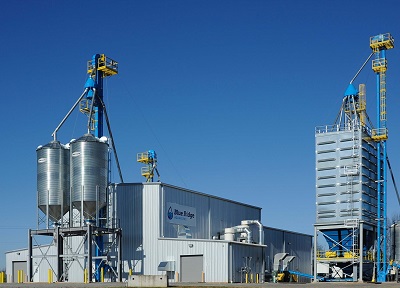 So in 2003, the company created a wholly owned subsidiary for the dedicated delivery of all of its product- problems solved. In 2017, the company built its own feed mill to control the quality and supply of feed for all operations. That gave us control over our biggest operating input.
So in 2003, the company created a wholly owned subsidiary for the dedicated delivery of all of its product- problems solved. In 2017, the company built its own feed mill to control the quality and supply of feed for all operations. That gave us control over our biggest operating input.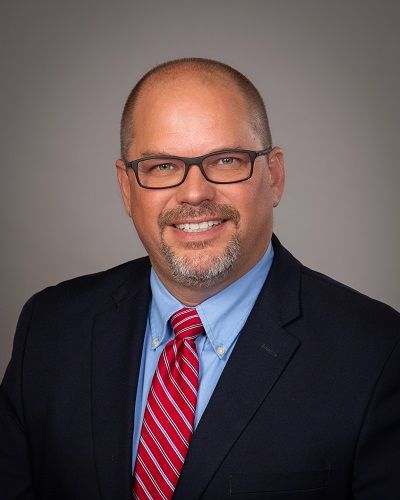
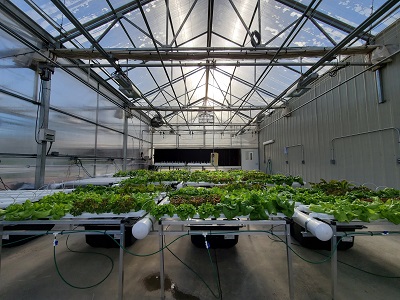 We recently announced the new partnership between
We recently announced the new partnership between 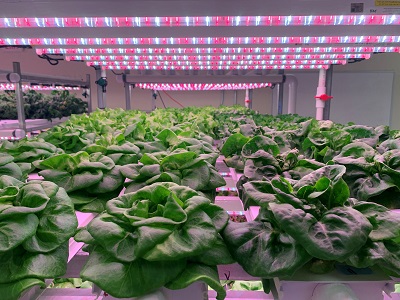 The Virginia Tech-IALR Controlled Environment Agriculture (CEA) Innovation Center was created to leverage the resources of the School of Plant and Environmental Sciences at the College of Agriculture and Life Sciences at Virginia Tech along with the biotechnology, technology, and analytical chemistry capabilities of IALR to move the CEA field forward. The Center offers a one-stop shop for many cutting-edge research projects and is a wonderful vehicle to support and attract industry partners. Part of the initiative is to also serve as a catalyst and hub for CEA companies and technology, and we are already helping to create an ecosystem around CEA innovation with some leading-edge projects in waste recycling, nutrient management, imaging and data analysis, and biotechnology. All of this will be facilitated by the
The Virginia Tech-IALR Controlled Environment Agriculture (CEA) Innovation Center was created to leverage the resources of the School of Plant and Environmental Sciences at the College of Agriculture and Life Sciences at Virginia Tech along with the biotechnology, technology, and analytical chemistry capabilities of IALR to move the CEA field forward. The Center offers a one-stop shop for many cutting-edge research projects and is a wonderful vehicle to support and attract industry partners. Part of the initiative is to also serve as a catalyst and hub for CEA companies and technology, and we are already helping to create an ecosystem around CEA innovation with some leading-edge projects in waste recycling, nutrient management, imaging and data analysis, and biotechnology. All of this will be facilitated by the 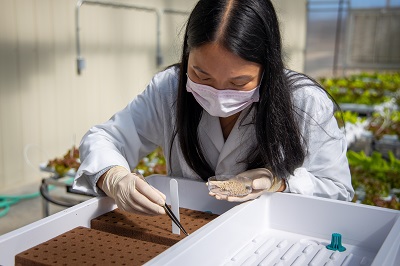 We have lots of exciting research projects happening at the moment, both internally to fuel innovation, as well as contract research to support and help solve industry challenges. There are a couple I can mention.
We have lots of exciting research projects happening at the moment, both internally to fuel innovation, as well as contract research to support and help solve industry challenges. There are a couple I can mention.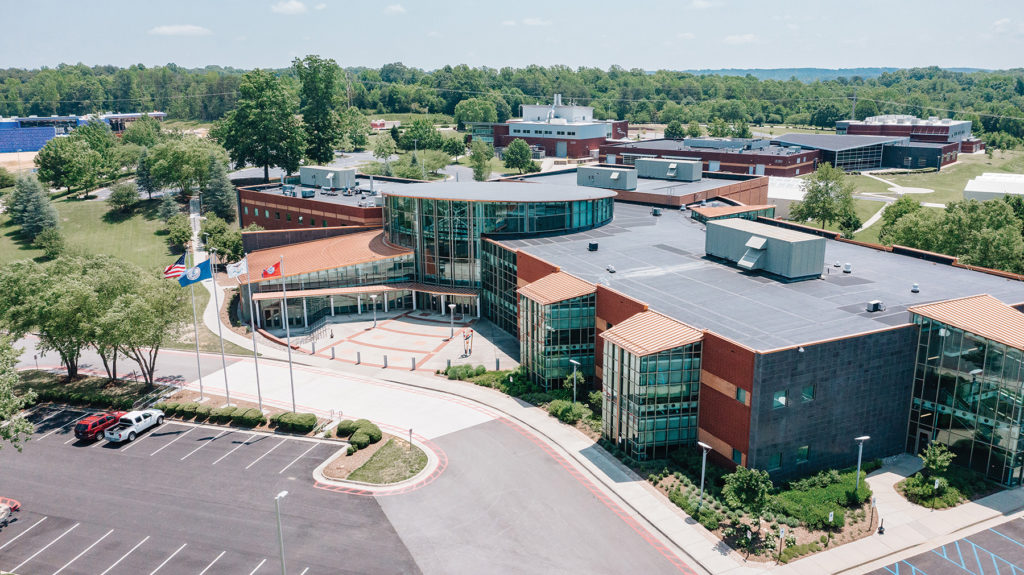 When we launched the Center, one of the many opportunities we were excited about was our ability to leverage our state-of-the-art conferencing center here at IALR to bring industry and academia together through hosting conferences and workshops focusing on CEA. With the CEA industry growing in Virginia, the location of the Summit is near the stakeholders that the Center is striving to serve.
When we launched the Center, one of the many opportunities we were excited about was our ability to leverage our state-of-the-art conferencing center here at IALR to bring industry and academia together through hosting conferences and workshops focusing on CEA. With the CEA industry growing in Virginia, the location of the Summit is near the stakeholders that the Center is striving to serve.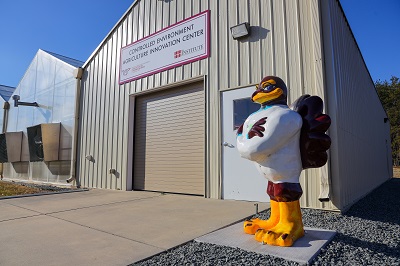 The CEA Innovation Center is growing rapidly, and we are always on the lookout for mutually beneficial partnerships in research and education, including contract research opportunities.
The CEA Innovation Center is growing rapidly, and we are always on the lookout for mutually beneficial partnerships in research and education, including contract research opportunities.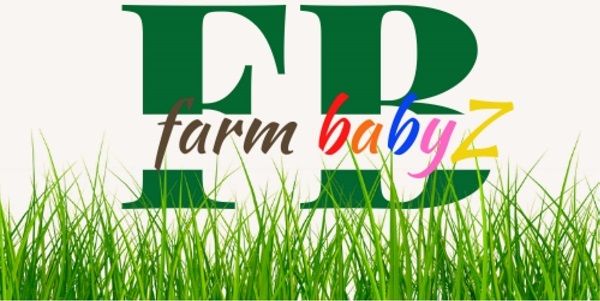
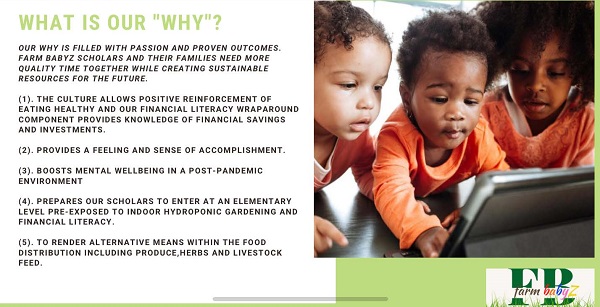 farm babyZ LLC, a STEM.org Reviewed ™ organization, has created and packaged an educational hydroponic growers curriculum and American-made merchandise/grow kit for early childhood development agencies and other educators working with children between the ages of two to five years old.
farm babyZ LLC, a STEM.org Reviewed ™ organization, has created and packaged an educational hydroponic growers curriculum and American-made merchandise/grow kit for early childhood development agencies and other educators working with children between the ages of two to five years old.
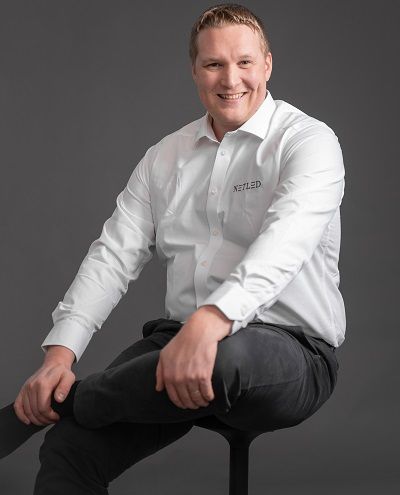
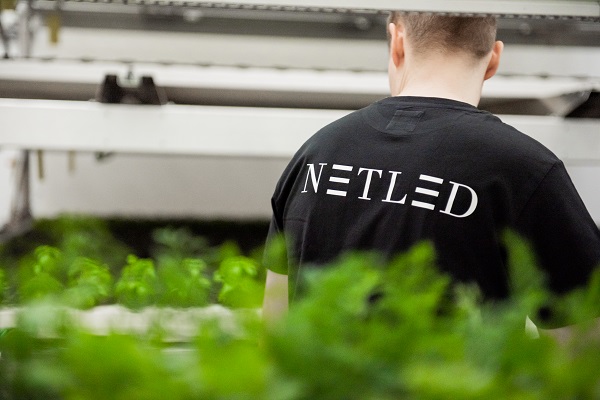 Vertical farming technology provider
Vertical farming technology provider 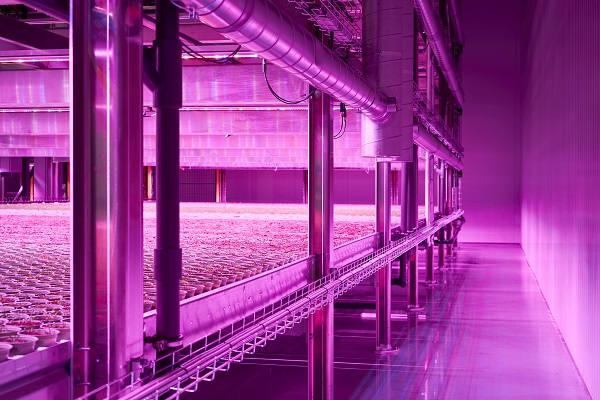 We call ourselves the one-stop shop for vertical farming, which means that on top of our proprietary Vera® technology we offer all services and support needed to build a commercially viable vertical farming business. This means we provide our customers with the design and planning of their facility, we ship the equipment, and we build, install and commission the farm. We support our customers in getting their farm up to production volumes. We also provide a five-year maintenance agreement to ensure the technology performs optimally.
We call ourselves the one-stop shop for vertical farming, which means that on top of our proprietary Vera® technology we offer all services and support needed to build a commercially viable vertical farming business. This means we provide our customers with the design and planning of their facility, we ship the equipment, and we build, install and commission the farm. We support our customers in getting their farm up to production volumes. We also provide a five-year maintenance agreement to ensure the technology performs optimally.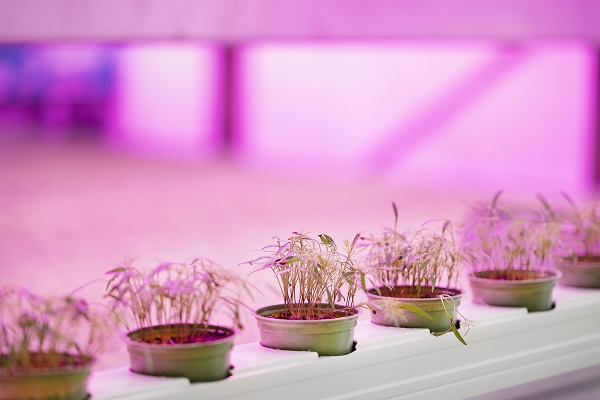
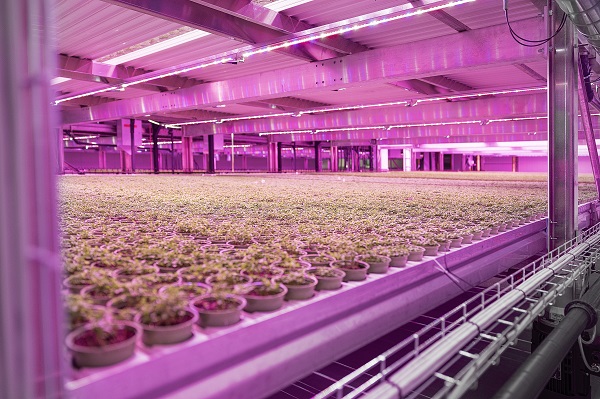
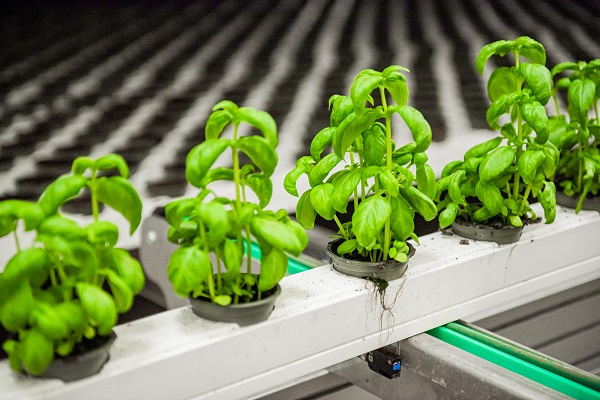 Netled’s Vera® technology is designed to be as energy and resource-efficient as possible using up to 70% less energy and up to 95% less water than traditional indoor agriculture. It also allows customers to grow 2.5 times more crops in the same amount of space as greenhouse growing.
Netled’s Vera® technology is designed to be as energy and resource-efficient as possible using up to 70% less energy and up to 95% less water than traditional indoor agriculture. It also allows customers to grow 2.5 times more crops in the same amount of space as greenhouse growing.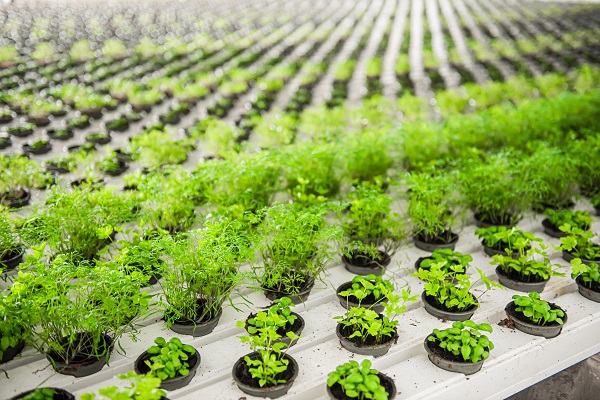 In terms of other projects, we have just finished commissioning a compact-size Vera® farm in Poland, and we are currently building another industrial-scale facility in the Nordics. We are in the negotiating phase with other clients on some very exciting commercial-scale projects in Europe and North America, stay tuned for more details!
In terms of other projects, we have just finished commissioning a compact-size Vera® farm in Poland, and we are currently building another industrial-scale facility in the Nordics. We are in the negotiating phase with other clients on some very exciting commercial-scale projects in Europe and North America, stay tuned for more details!